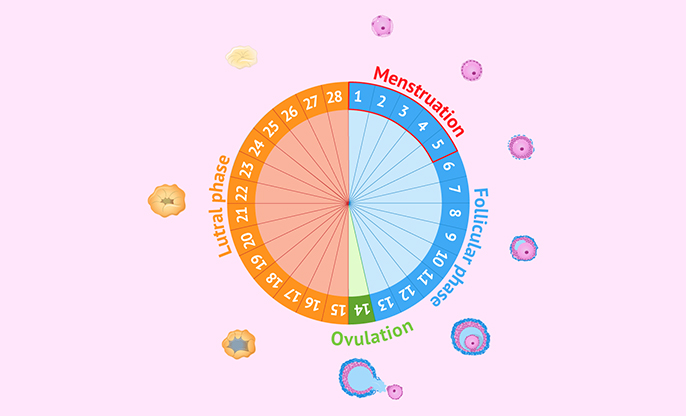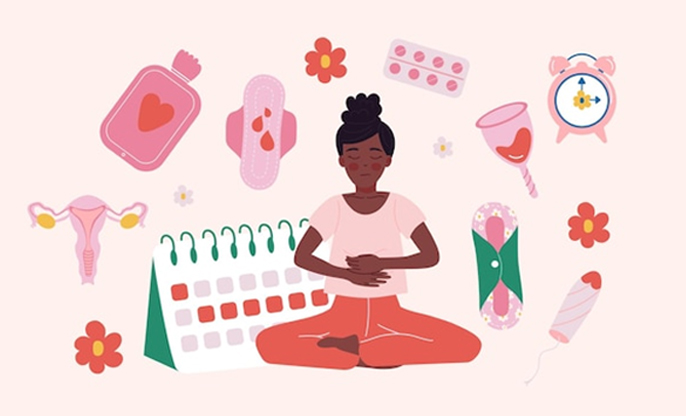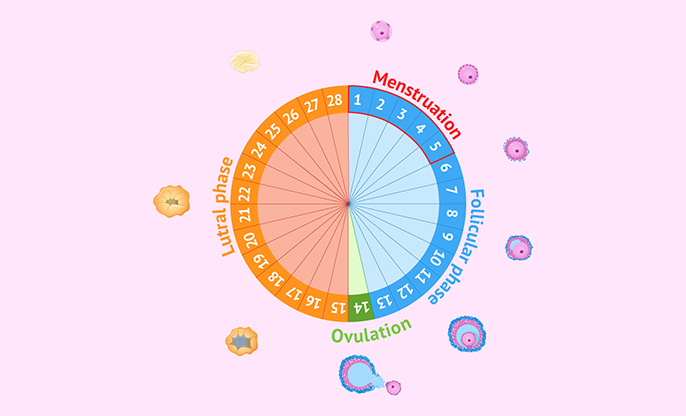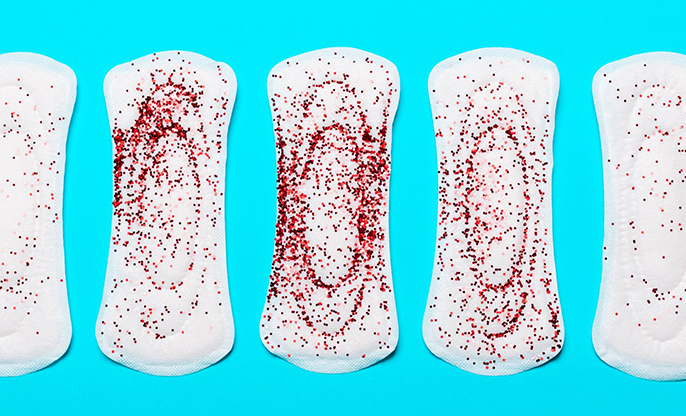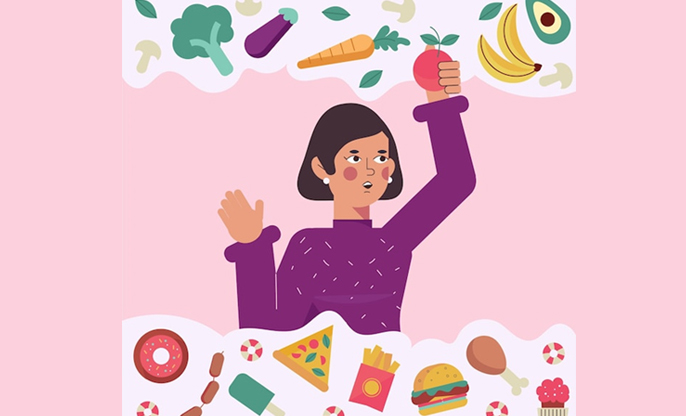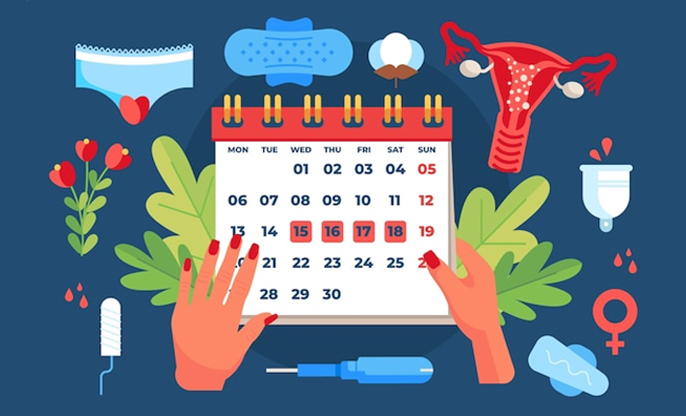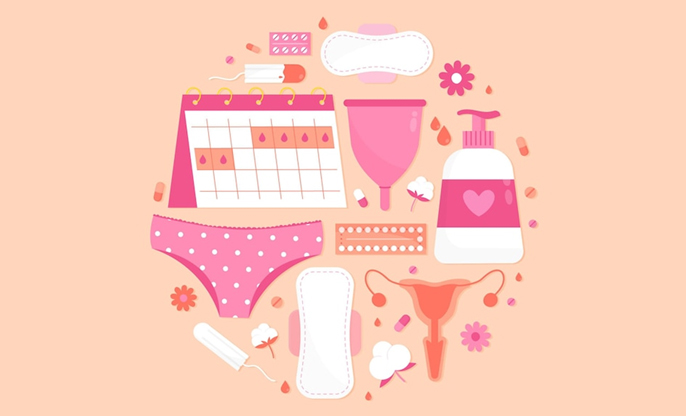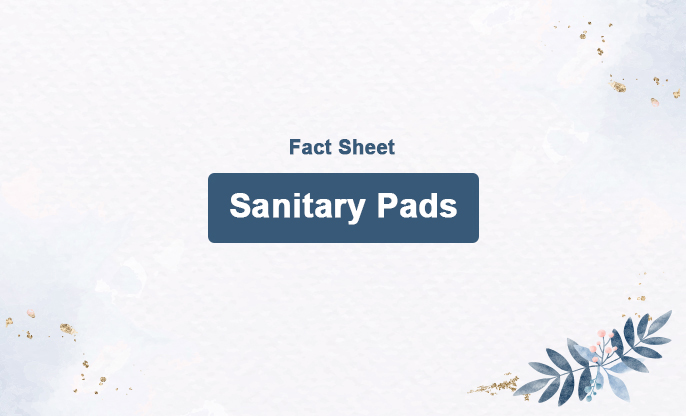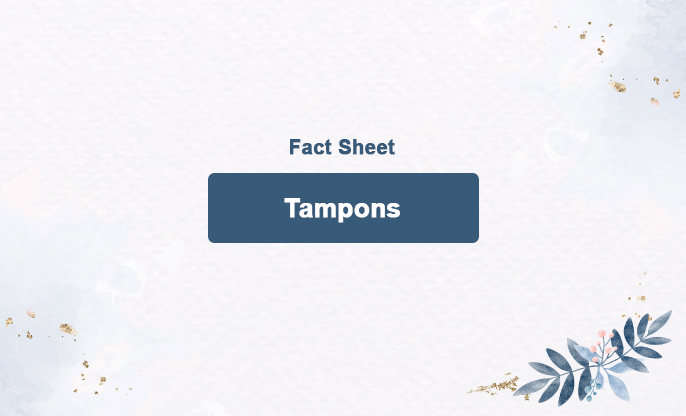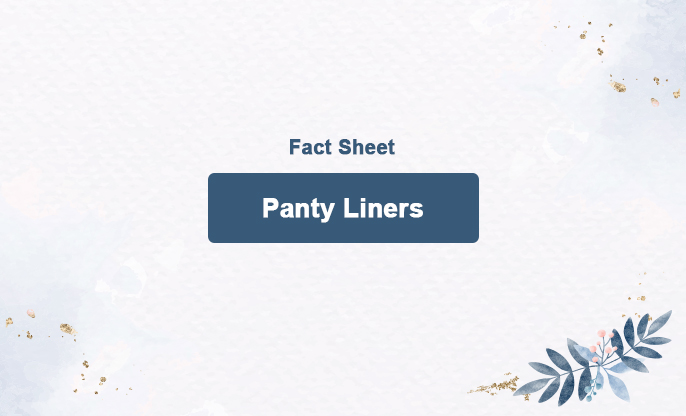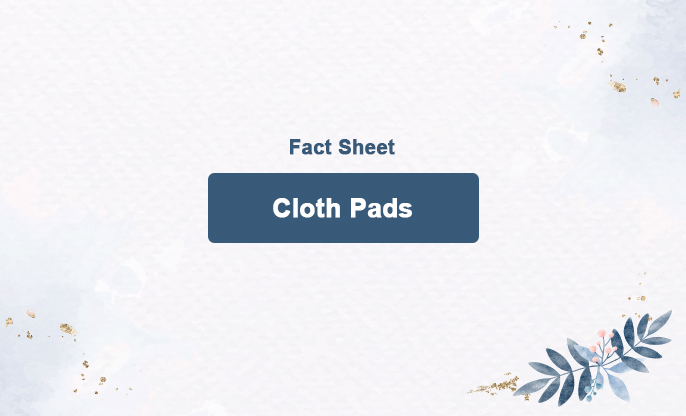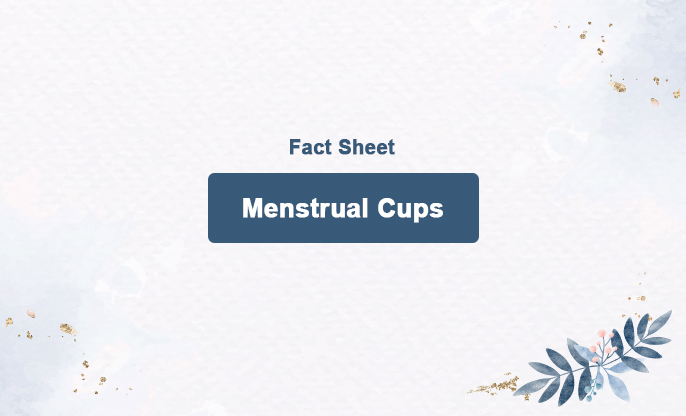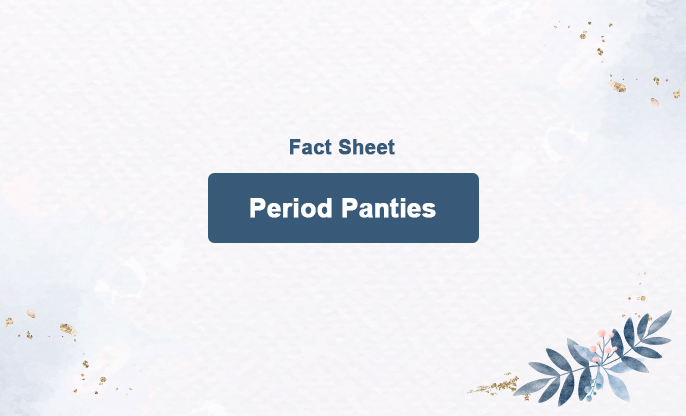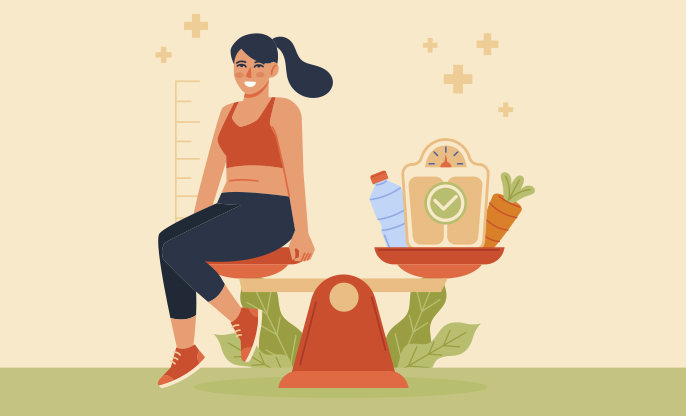
Navigating your menstrual health through diet is a personal journey that touches on more than just food choices - it's about supporting your body through the ups and downs of each cycle. How you nourish your body can have a big impact on everything from how regular your periods are to how intense your symptoms might feel. Let’s understand more…
How Does Diet
Influence Your Menstrual Health?
● Hormonal Balance: The fats
in your diet are more than just calories; they're crucial for producing
hormones. But balance is key. Too little fat might lead to lower hormone
levels, disrupting your cycle, while too much can boost estrogen levels, making
periods heavier and more painful.
● Inflammation and Menstrual Pain: Foods
high in refined sugars, processed options, and saturated fats can stir up
inflammation, aggravating menstrual pain and bloating.
● Iron Levels: Losing iron during your period, especially if your flow is heavy, can leave you feeling tired and weak. Keeping your iron levels up is essential to feel more energetic and strong during and after your period.
Dietary Tips to
Ease Menstrual Symptoms
- Boost Your Omega-3 Intake:
Foods rich in omega-3s, like salmon, flaxseeds, and walnuts, can help curb
the inflammation that contributes to cramps.
- Up Your Iron: To make up for menstrual iron loss,
fill up on iron-rich foods like lean meats, spinach, and legumes. Adding
foods high in vitamin C can help your body absorb iron better.
- Choose Whole Grains: Opt for whole grains like
oats and quinoa. They're packed with B vitamins and fiber that help
regulate hormones and can ease constipation, which some of us deal with
during our periods.
- Get Plenty of Calcium and Magnesium: These
minerals can ease menstrual pain and help manage mood swings. You can find
calcium in dairy and green veggies, and magnesium in nuts and whole
grains.
- Stay Hydrated: Drinking plenty of water is
crucial, particularly if you bloat during your period. It helps flush out
excess sodium to reduce swelling and bloating.
- Watch Your Salt, Sugar, and
Caffeine: Less salt can help with bloating, cutting back
on sugar can stabilize your mood and energy, and reducing caffeine can
alleviate breast tenderness and improve sleep.
The foods you eat play a significant role in not just managing menstrual discomfort but also in enhancing your overall reproductive health. By making thoughtful dietary choices, you can support your body's natural rhythms and feel better during your period. If you're finding it tough to manage symptoms with diet alone, or if your symptoms are particularly severe, it might be a good idea to talk to a healthcare provider or a dietitian for more personalized guidance and support.
